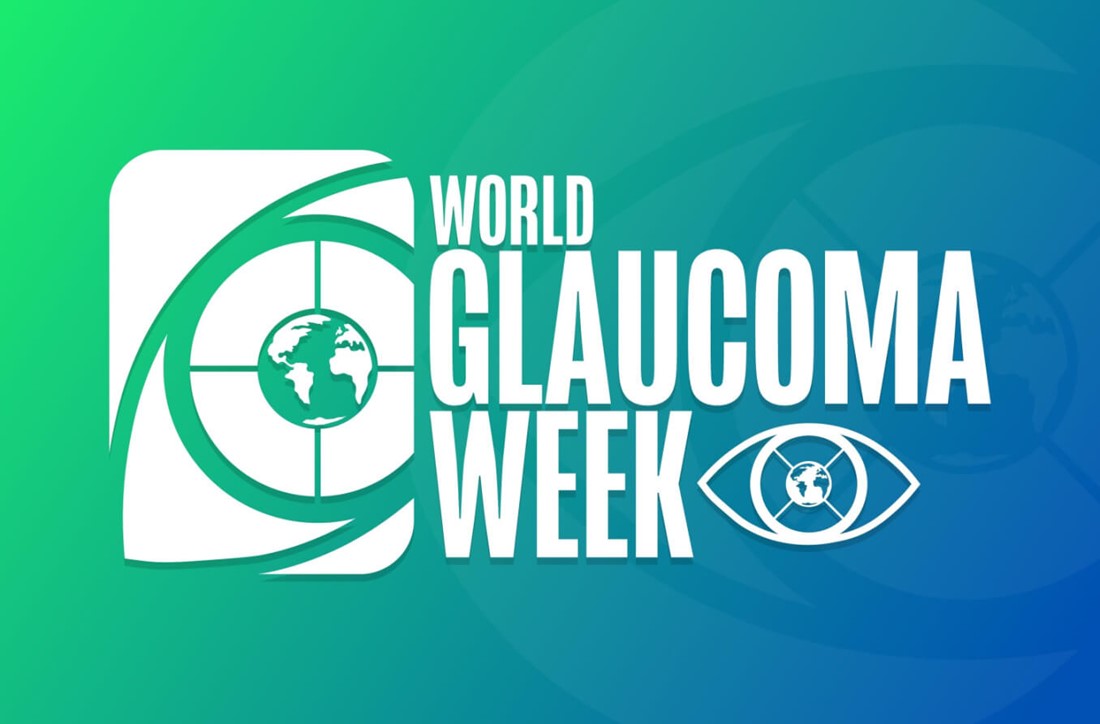World Glaucoma Week

March 10, 2024
World Glaucoma Week (WGW) is an annual international campaign to raise awareness of glaucoma and encourage people to have regular eye tests. This year it runs from 10-16th March.
The past decade has seen a better understanding of the genetic basis for glaucoma: a proliferation of imaging technology for monitoring and a number of procedures in the form of minimally invasive glaucoma procedures that have given the glaucoma specialist a number of treatment options.
The initial treatment options have changed from eye drops to include a laser treatment (selective laser trabeculoplasty) based on the Laser In Glaucoma and ocular Hypertension Trial (LiGHT trial), which means staving off drops for longer and giving patients more comfort and convenience in their treatment.
Looking forward, treatment will become more focussed on the individual, rather than on the eye and extending to beyond the clinic. There are already a number of home-monitoring devices becoming available and better information for patients so they can better understand their condition. As eye doctors, we are determined that more people live well and maintain sight through timely access to care and pastoral support. You, our patients, are an invaluable source of insight and intelligence about what it is like to live with this disease.
As there is unlikely to be a way of reversing damage from glaucoma for the foreseeable future, there still will need to be a particular focus on increased awareness and earlier diagnosis, particularly among those who are most at risk. Glaucoma does not usually cause any symptoms and is not detectable until it is far too late. Left too long, it can have implications for driving as there are DVLA standards that must be passed in order to hold a licence. This is why it is so important to see your optician regularly for a thorough eye test on a regular basis. Early detection is the key for a good outcome with glaucoma.

Mr Modi is the lead glaucoma consultant at Frimley Park, overseeing 30,000 visits per year for glaucoma. There is an extensive team of nurses, optometrists, orthoptists and specialty doctors also involved at each stage and available to help you with your condition.
